Latest Posts by fitzcrozier - Page 5

Ocean Vuong, “A Letter to my Mother that She Will Never Read” The New Yorker, May 2017

Blue glass beads from the Late Bronze Age, found in 1885 when a Danish farmer ploughed up a cremation urn at Kongehøj. Made in Mesopotamia approximately 3,100 years ago, they offer evidence of long-distance trade connections in the prehistoric world.
image from here

Old Viking cave dwelling and farm, Rutshellir Caves, Iceland
Job Savelsberg

Cosmetic jar, Greek, 6th century BC
from The Metropolitan Museum of Art
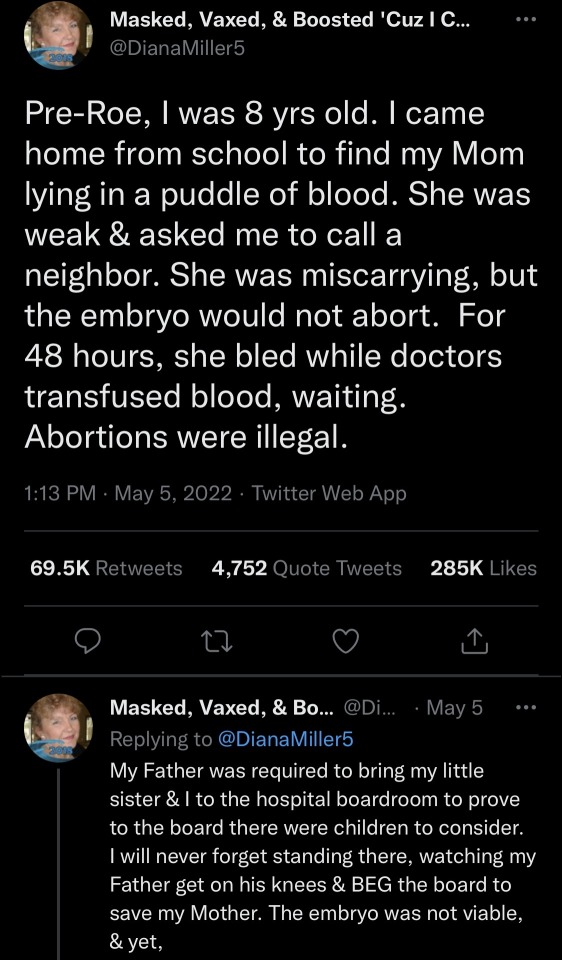
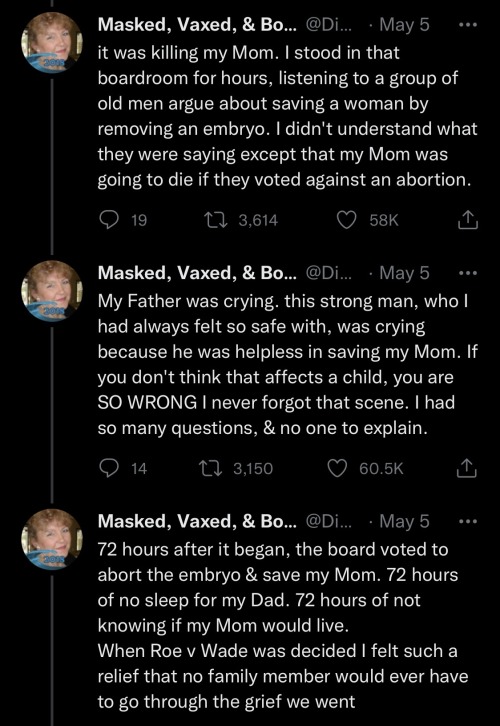

Original thread:
https://mobile.twitter.com/DianaMiller5/status/1522278413096132609?cxt=HHwWgoC53deJnKAqAAAA
Note, I am finding these threads on the twitter feeds of ICU nurses who are now dreading the horrors that Roe falling will bring to their hospitals. This, on top of the horrors that they’ve seen and continue to see because of the pandemic. They were already exhausted and hanging by a thread.




heart handbag by ROTHBARTH









Web-weaving: Kate “Woody” Woodward
bell hooks - All About Love | Up All Night, Cody Ellingham | Stolen Car - Bruce Springsteen | Untitled, Declan Haun | Mean Streets (1973) | Lost Highway (1997) | Sylvia Plath - The Letters of Sylvia Plath Vol. 1 (1940-1956) | Katrien de Blauwer | Mourning doves nesting in a cactus










raffaella cerullo & elena greco | the story of the lost child, by elena ferrante / hbo l'amica geniale / nbc hannibal's script / letters to milena, by kafka / the story of the lost child, by elena ferrante / anna akhmatova tr. by judith hemschemeyer, “poem without a hero” / bts l'amica geniale / twin flame, by weyes blood / wuthering heights, by emily brönte / my brilliant friend, by elena ferrante
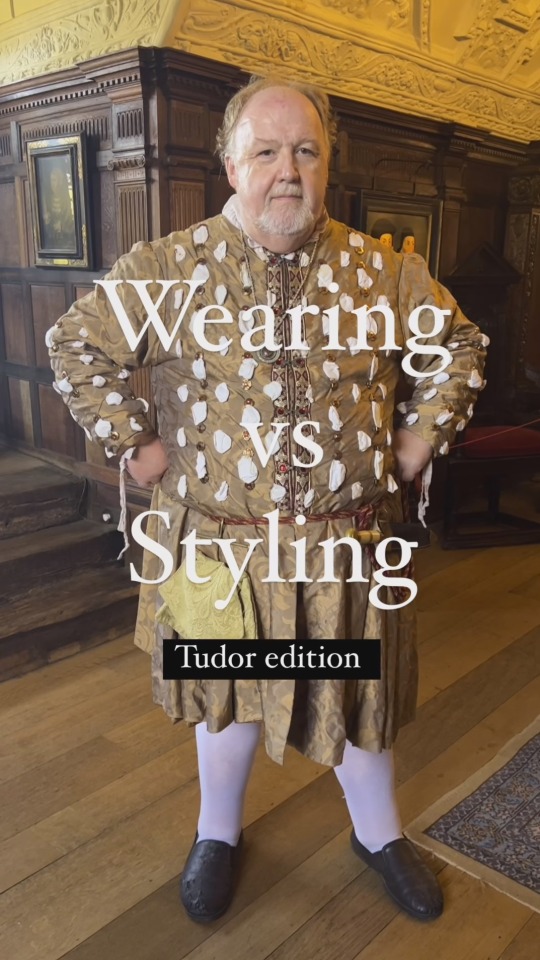
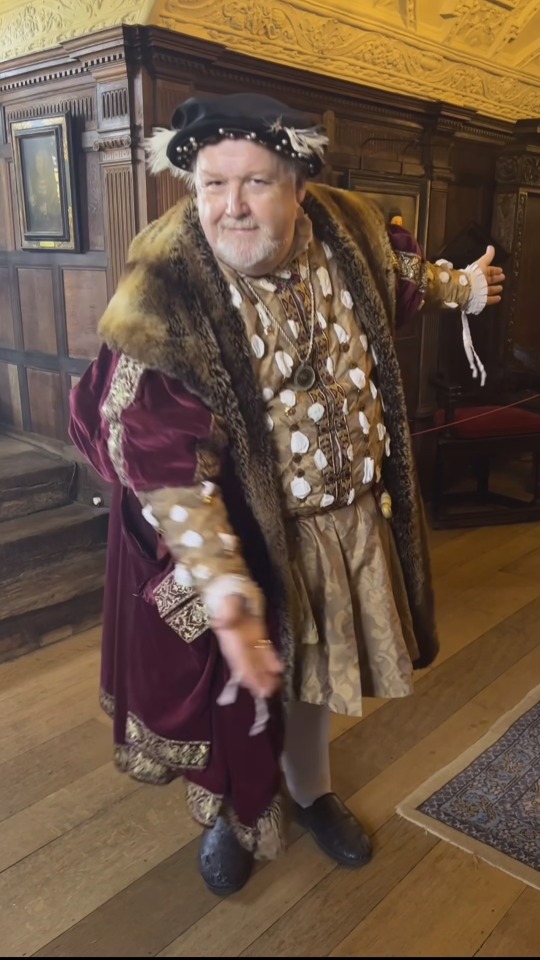

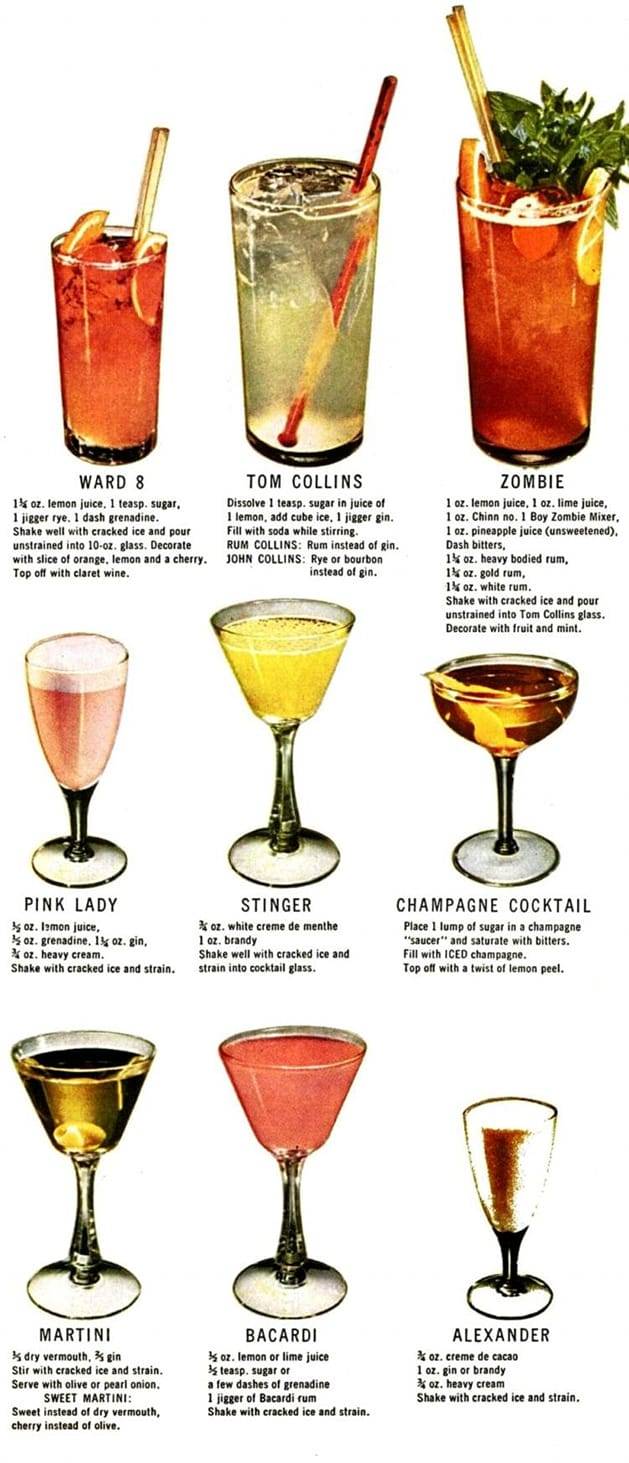
vintage cocktails from a 1946 Esquire magazine article, "This Is the Way to Make Your Favorite Drinks"





I get this impression that House of the Dragon doesn't get that "named" heirs aren't really the norm in Westeros. If it were that easy for someone to just give everything to their favorite child, Randall Tarly wouldn't have needed to force Sam to go to the Wall and Tywin could have simply chosen Cersei over Tyrion as heir of Casterly Rock.
If we look at the history Westeros borrows from, the concept of "naming" heirs wasn't really a thing in medieval England. Landed gentry didn't have direct say over the order of succession until the Statute of Wills in 1540. Before then, land and subsequent titles could only be inherited through agnatic primogeniture.
Agnatic primogeniture prioritized the living, eldest, trueborn son. Claims can only be passed on patrilineally. This means that a grandaughter can inherit a claim of her grandfather's titles through her father, but a grandson cannot be given the same through his mother. However, if his mother finally does have land and titles under her own name (not under her father's), only then does her son and other children enter the line of succession.
The reason it was like this was because it kept land and titles under one family. Daughters are less preferred because when they are married, they become part of their husband's family — meaning that any titles they receive will be inherited through a new line. This wouldn't be an ideal situation because it gives two families claims to the titles. The more claimants there are, the more unstable the hold the owner has.
In other words, agnatic primogeniture was practiced for stability. Because back in the day, titles weren't just property or land. They came with governorship over a people, so a stable and predictable transfer of titles was necessary to avoid civil conflicts and questions of legitimacy.
A landed lord or lady wasn't given the right to designate heirs for a few reasons:
Most of them were vassals who oversaw the land in the name of someone higher up. It technically isn't even theirs to give away (see: feudal land tenure).
The wishes of a human being are less predictable than having a determined line of succession based on birth order. What if he becomes incapable of declaring an heir either through illness or disability? What if he's captured and a bad actor forces him to name this person heir under threat of violence?
People died unexpectedly all time. This was before germ theory and modern medicine — child mortality was extremely high. With no refrigeration technology, a single poor harvest could mean dying from starvation. Bandits, cutthroats, and raiders were a constant threat. They could not afford to rely on a person choosing a different heir every time the old heir drops dead, because the landed lord/lady could die just as suddenly.
Even 21st century families stab each other in the back over who gets grandma's house — so imagine having an uncertain line of succession in the middle ages over a life-defining lordship and without a modern-day court system to mediate.
Going back to HotD, whenever Targaryens did go against the established line of succession, they could only have done it by consolidating the support of their vassals. Only royalty seemed to have the power to bend agnatic primogeniture, but even then they were beholden to it.
When Jaehaerys I ascended the throne over Aerea, it was mainly because there were those who saw Maegor the Cruel's act of disinheriting Jaehaerys as null and void. This restored Jaehaerys place in the line of succession above Aerea.
And when Rhaenys was passed over for Baelon, Jaehaerys had to convene his lords and offer compelling reasons as to why — her young age, her lack of an heir, her Velaryon last name, etc. It wasn't a given that just because she was a woman that she was ineligible. If he was doing it purely out of misogyny, he still had to legally justify his misogyny in order to strip away her rights.
Even after consolidating support, the book mentions Jaehaerys I and Viserys I's respective hold on the crown was still weakened. Even though their claims were backed by reasons cosigned by a powerful majority, they still had to ensure the security of their rule through other means. There were people who doubted their right to rule, and those people had to be placated with gifts (by Viserys) or intimidated into submission (by Jaehaerys).
So we come to Viserys I who never gave his vassals a reason why Rhaenyra should supercede his three sons other than, "I said so." Had he convened with his lords and maybe made the argument that a first marriage takes precendence over a second one, then maybe he could have set a new precedent and gathered support.
But no, he didn't. He relied on the power of his own words and the lords' personal oaths — oaths that he didn't exactly plan how he would enforce posthumously.
And the Realm did not choose to adopt a different succession law after Jaehaerys's designation of Baelon in 92 AC or the Council of Harrenhal choosing Viserys on 101 AC. If those two events did change anything, it was that now women were exempt from the line of succession for the crown and only the crown. It did not set the precedence that monarchs could freely choose heirs. It did not upend the whole system; it only made a tweak, as most lawful policy-changes do, by carving out at an exception. It was a committee, not a revolution.
Before and after the Dance, no other monarch, lord, or lady "declared" an heir that went against agnatic primogeniture, save for Dornish who have cognatic (equal-gender) primogeniture instead. Ramsay had to get rid of Roose Bolton's living trueborn son AND be legitimized by the crown in order to be recognized as heir (only a crowned monarch can legitimize baseborn children which is another world-building pillar a lot of people miss). Randall basically had to force Sam to abdicate because he wanted his younger brother to inherit instead. And of course, Tywin despite his intense hatred of Tyrion is forced to acknowledge him as his heir.
The rigidity of the line of succession is a major and constant source of conflict in the series, so it baffles me that people really thought that characters could just freely choose their heirs. That's why we have a civil war. It wasn't a misunderstanding. It's the expected consequences of someone carelessly going against a foundational tenent of the society they inhabit.

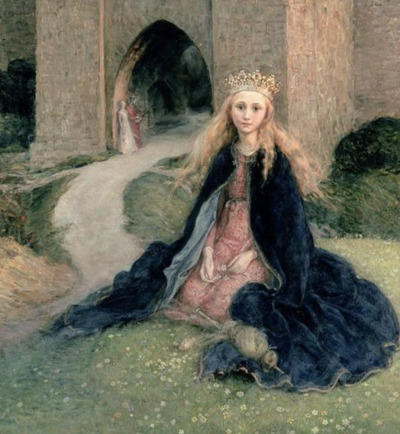


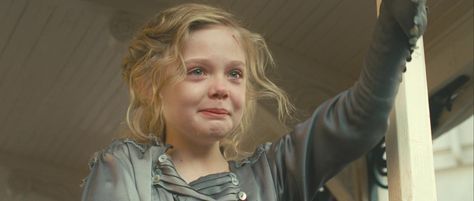
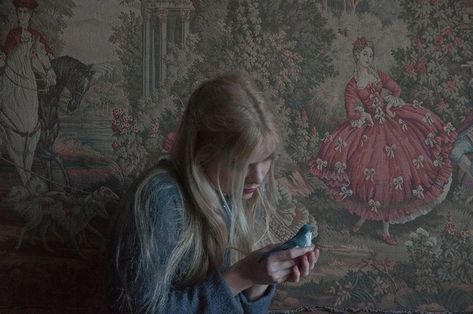




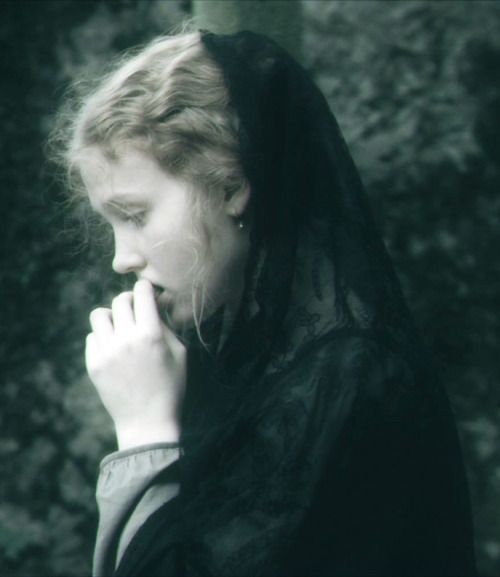


❝described as a sweet and simple girl at the time of the aance of the dragons.❞
The way Aegon desperately wants to fill the conqueror's armor, even when it's evidently too large for him to fully take up. He looks like a boy slipping into his father's coat, a boy whose idea of his father as this invincible figure, who he can never quite reach, is destined to be popped some way or another.
Aegon isn't the only one who clings to the idea of the conqueror as this ideal. His shadow looms large over all of House Targaryen, this almost mythical figure whose legacy all Targaryen try to claim for themselves. They chase after his ghost, believing that to truly be a Targaryen, one must be like him: ruthless, powerful, and above all, victorious. They forget—or perhaps choose to ignore—that his victories were bathed in blood, that his crown was forged in fire and brutality. His legacy is a cursed throne, a throne that cuts most who sit upon it, a throne that pits people against each other.
Generation after generation, Targaryens name their children are after him. Aegon. A name dripping in history and blood and crushed dreams. They hope that this name will bring with them the strength and glory. A babe born to me, wearing the Conqueror's crown. But these hopes are often dashed. These children are caught in the endless cycle of violence that defines their bloodline. They keep meeting more and more horrific fates—murder, madness, betrayal.
The prophecy that the Conqueror himself used as justification for all the blood he spilt, the prophecy so many Targaryen feel like is theirs to fulfill—the promise of a hero who will save the world—only serves to further the rot. This prophecy, ever so vague and open to interpretation, is a way for them to give purpose to the endless wars and the pain. The Conqueror was no savior; he was a man driven by ambition and thirst for power, a man who saw kingdoms as prizes to be won and people as obstacles to be removed. He was a man who saw himself to be superior to others on the basis of what flowed through his veins.










do you love me?
"You see? In the fairy tales one does as one wants, and in reality one does what one can."
― Elena Ferrente, Those Who Leave and Those Who Stay








ALICENT AND HER CHILDREN; “I have sinned / I do not wish to hear of it.”
sharp objects, gillian flynn / unknown / holy family, pompeo batoni / richard iii, byam shaw / dreams of clytemnestra, dacia maraini / bad sun (moon version), the bravery / ivan the terrible and his son ivan, ilya repin / elektra, sophocles / above the clouds of pompeii, bear’s den / novitiate (2017) / poplar street, chen chen / time within time: the diaries 1970-1986, andrei tarkovsky / class of 2013, mitski / house of the dragon (2022–), s02e01 and s02e02










everyone from town says that you're so cool

Adornments for an Afghan Jewish woman in the first year of her marriage, 1981


— Édith Piaf
HBO WWII Rewatch: Week Seven - Pink
(Screencaps by @itstheheebiejeebies)


wuthering heights by emily bronte // l'amica geniale by elena ferrante










The Greens
HOTD 1X08//Electra a Sophocles Play//Succession 4X10//HOTD 1X06// Quote by honeytuesday//HOTD 2X01//Quote from HOTD 1X09//HOTD 1X09// 'Cain and Abel' by Orazio Riminaldi// The Hellbound Heart by Clive Barker//HOTD 2X10//Madwomen: Poems of Gabriela Mistral//Unknown//HOTD 01X03// HOTD 01X06//Quote by Lyra//HOTD 01X02//Quote from HOTD 1X06//HOTD 1X09//Quote by Richard Siken//HOTD 1X07// Quote from HOTD 2X01//The Vampire Lestat by Anne Rice//HOTD 1X09//‘Ivan the Terrible and Son’ by Richard Siken//the guessing game: a mothers love by Silas Denver Melvin




what if you‘re alicent hightower and you gave birth to all your grief and your pain and your broken dreams and he wears your face



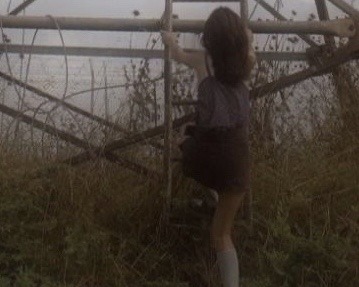

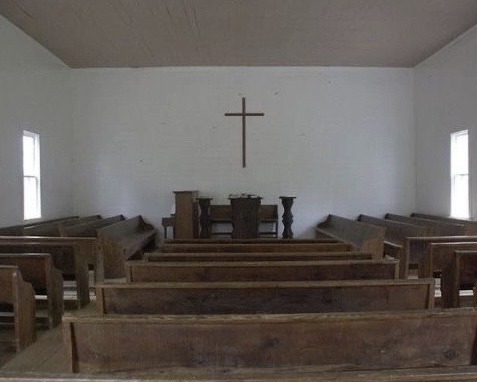


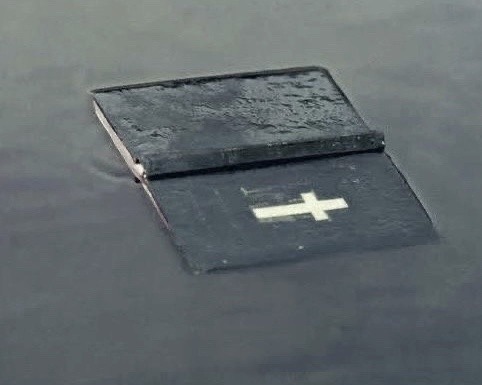

god loves you, but not enough to save you
Tyland vs Jaehaerys at the small council










helaena the dreamer




